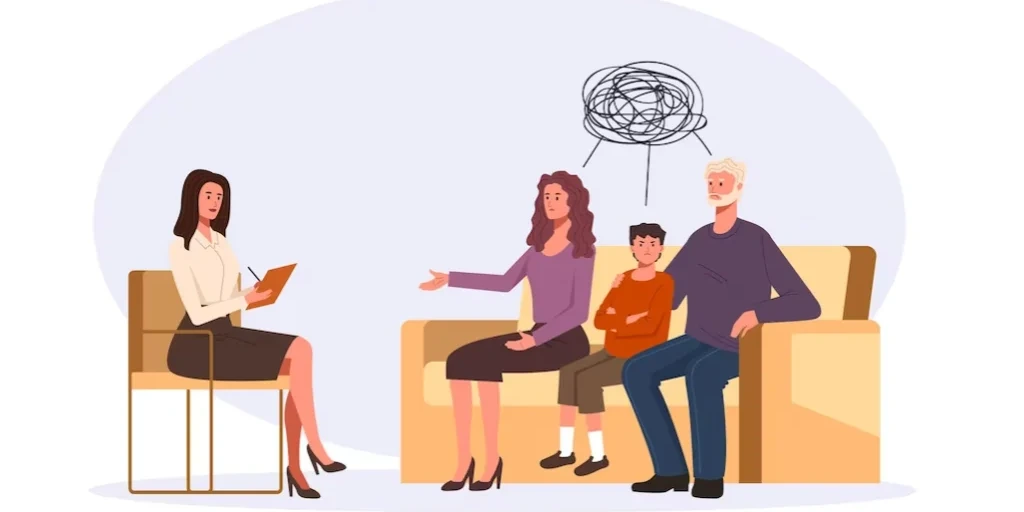24/7 Helpline:
(866) 899-221924/7 Helpline:
(866) 899-2219
Learn more about OCD Treatment centers in Owatonna

Other Insurance Options

Oxford

Cigna

Multiplan

AllWell

BlueShield

Absolute Total Care

Ambetter

Anthem

MHNNet Behavioral Health

Kaiser Permanente

Medical Mutual of Ohio

Humana

Highmark

Coventry Health Care
Beacon

CareSource

Aetna

American Behavioral

BHS | Behavioral Health Systems

Premera

Beauterre Recovery Institute
Beauterre Recovery Institute is a private rehab located in Owatonna, Minnesota. Beauterre Recovery I...

South Central Human Relations Center – Dual Recovery Program
South Central Human Relations Center – Dual Recovery Program is a non-profit rehab located in Owaton...

Owatonna Hospital – Behavioral Health
Owatonna Hospital – Behavioral Health is a private rehab located in Owatonna, Minnesota. Owatonna Ho...

West Hills Lodge
West Hills Lodge is a private rehab located in Owatonna, MN. West Hills Lodge specializes in the tre...



Safe Harbour
Safe Harbour is a private rehab located in Owatonna, Minnesota. Safe Harbour specializes in the trea...


